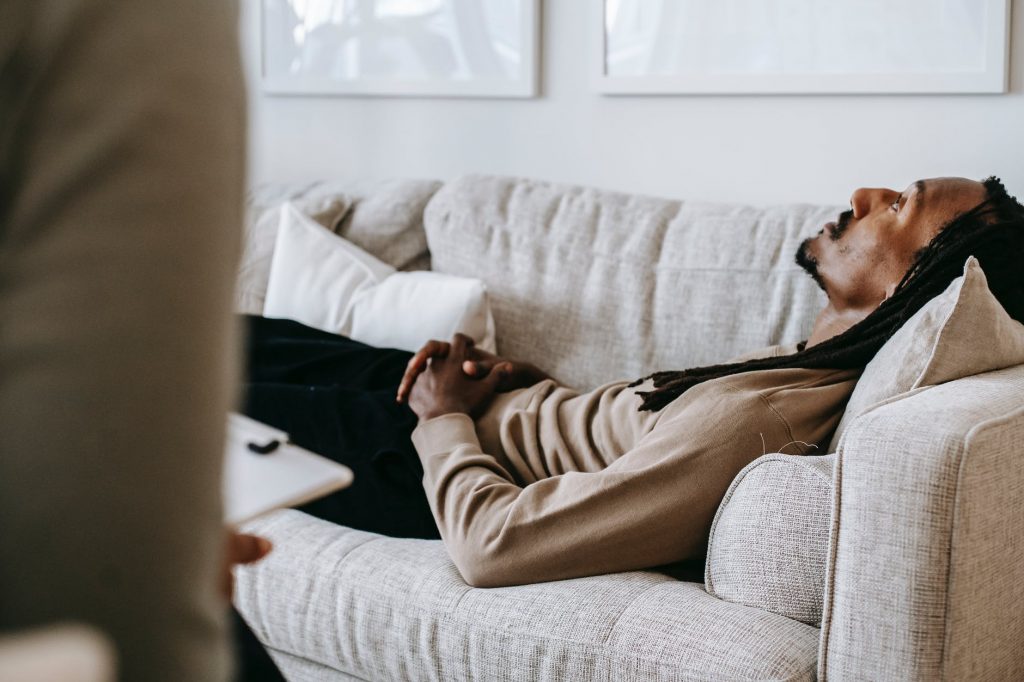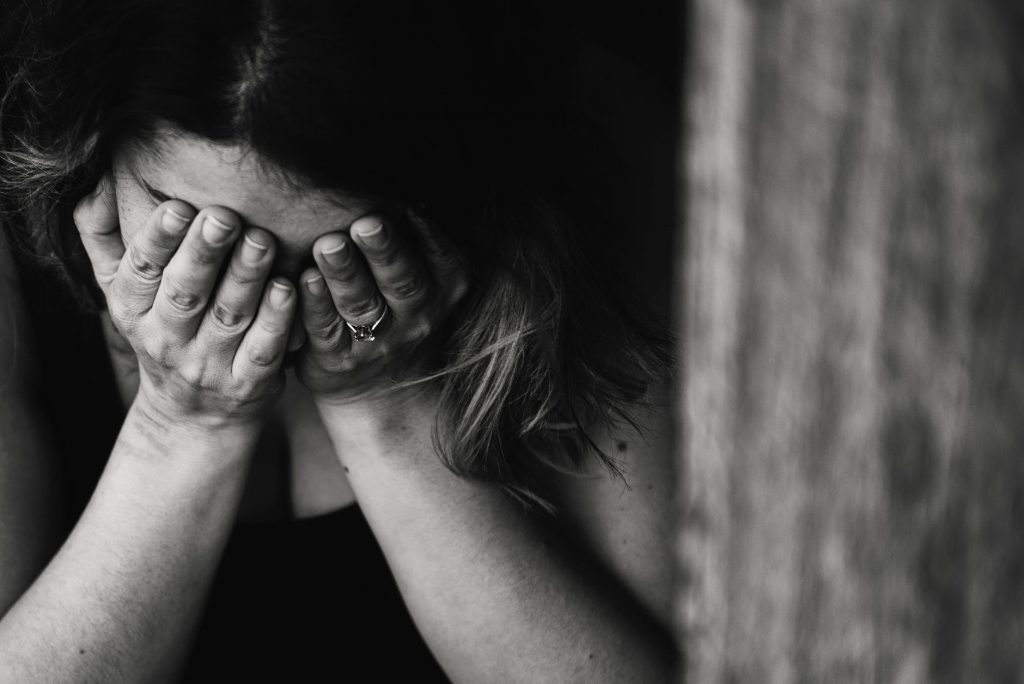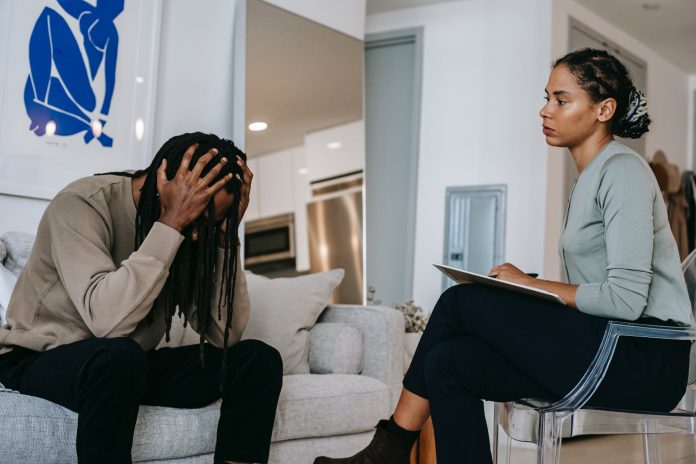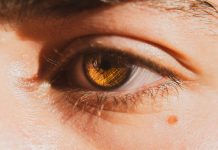Depressive disorders include major depressive disorder, characterized by inability to perform daily tasks and incapacitating depression; dysthymic disorder, characterized by long-term but less severe depression; bipolar depression, characterized by extreme high, manic stages and extreme low, depressed stages with little to no in-between; and several other types.
These disorders are treated with many different treatment options, from therapy to hospitalization, depending on the severity of the illness, the patient’s willingness and ability to get well or to cope with her illness, and the preferences of the health professional treating the patient.
Treatment Options
Treatment options for depression include a regimen of medicine, therapy, learning and using proper coping skills, and in the most severe cases, hospitalization.
Treatment depends on the doctor or psychologist/therapist doing the intake evaluation, the severity of the disorder and the type of disorder itself.
Medicine
There are many different types of medicine people suffering from depressive disorders can take. Most medicines are psychotropic drugs, which are capable of effecting the mind and manipulating behavior and mood by balancing chemical inbalances in the brain. There are six main types of psychotropic drugs: antidepressants, antipsychotics, depressants, anxiolytics, mood stabilizers and stimulants.
The types of psychotropic drugs used for depressive disorders are mainly antidepressants and mood stabilizers. There are many types of antidepressants, including SSRIs, or selective serotonin reuptake inhibitors, which are currently mainly used in treatment. Zoloft, Prozac and Celexa are all SSRIs (also known as psychotropic drugs).
Therapy

Therapy is the preferred option before medication. When medication is prescribed, therapy generally continues, as well. Licensed therapists and psychologists are the preferred practitioners of therapy for those suffering from depressive disorders.
There are different kinds of therapy, including general therapy, art therapy, exercise therapy, musical therapy and, in severe cases, hypnotherapy.
Proper Coping Skills
According to the NIH, Some mental health professionals believe coping skills are the best way to manage depressive disorders. In therapy sessions, coping skills are the main focus of the patient’s rehabilitation plan. Learning how to effectively channel depression positively is a skill that therapists teach to their patients and urge patients to use in the future. Coping skills vary from person to person, depending on individual needs for relaxation and effective stress and emotional management and upkeep.
Hospitalization
When depression gets to the point where the aforementioned treatments are ineffective, patients are often checked into the hospital voluntarily or involuntarily, depending on the severity of the case, especially in terms of harm to the patient or others. Hospitalization usually includes 24-hour supervision and intense therapy sessions that encompass all different types of therapies and medication. If the patient was on medication before he or she was checked into the hospital, new medications will generally be prescribed. Contact with the outside world is generally very restricted and limited to family members only.
Treatment for Seasonal Affective Disorder
Seasonal affective disorder usually affects individuals suffering from the condition during the fall and winter months. The condition can cause depression and is believed to be associated with shortened days and reduced exposure to sunlight. There are a few treatment options for individuals suffering from seasonal affective disorder that may help reduce or eliminate symptoms.
Light Therapy

The symptoms of depression associated with seasonal affective disorder can be reduced if an individual is exposed to artificial sunlight. Using a device such as a light therapy box can trick the brain and body into believing daylight is occurring for longer periods of time. Exposure to artificial light keeps the circadian rhythm in balance, avoids excessive melatonin production, and keeps the chemicals in the brain in balance. By doing these things the exposure to artificial light keeps depressive symptoms at bay.
Medication to Control Symptoms of Depression
Individuals who fall victim to seasonal affective disorder may benefit from the temporary use of antidepressant medications. Drugs intended to treat depression work best on individuals who have a greater severity of symptoms. Common medications for SAD are Bupropion, Paxil, Zoloft, Prozac, and Effexor. Antidepressants can take a few weeks to take full effect and individuals suffering from seasonal affective disorder may be advised to start taking the medication prior to the time in which symptoms tend to occur each year. The medication can usually be stopped when the depression tends to end each year.
Talk Therapy Can Help an Individual Cope with Symptoms of SAD
Like other forms of depression, psychotherapy or talk therapy can help deal with the symptoms of seasonal affective disorder. Unlike light therapy or medication, talk therapy may not eliminate symptoms but can help treat underlying issues that make symptoms worse. Individuals suffering from SAD may have negative thoughts and behaviors typical of depression such as isolation. Retraining an individual with seasonal affective disorder to combat negative thoughts with positive ones can help them think more clearly and feel better. Helping an individual who is depressed fight the urge to avoid normal activities and friends can keep them from going even further into a depression.
Individuals who suffer from seasonal affective disorder year after year can take comfort in knowing there is help available and should speak openly and honestly with a physician to find a treatment option that will work best for them.





